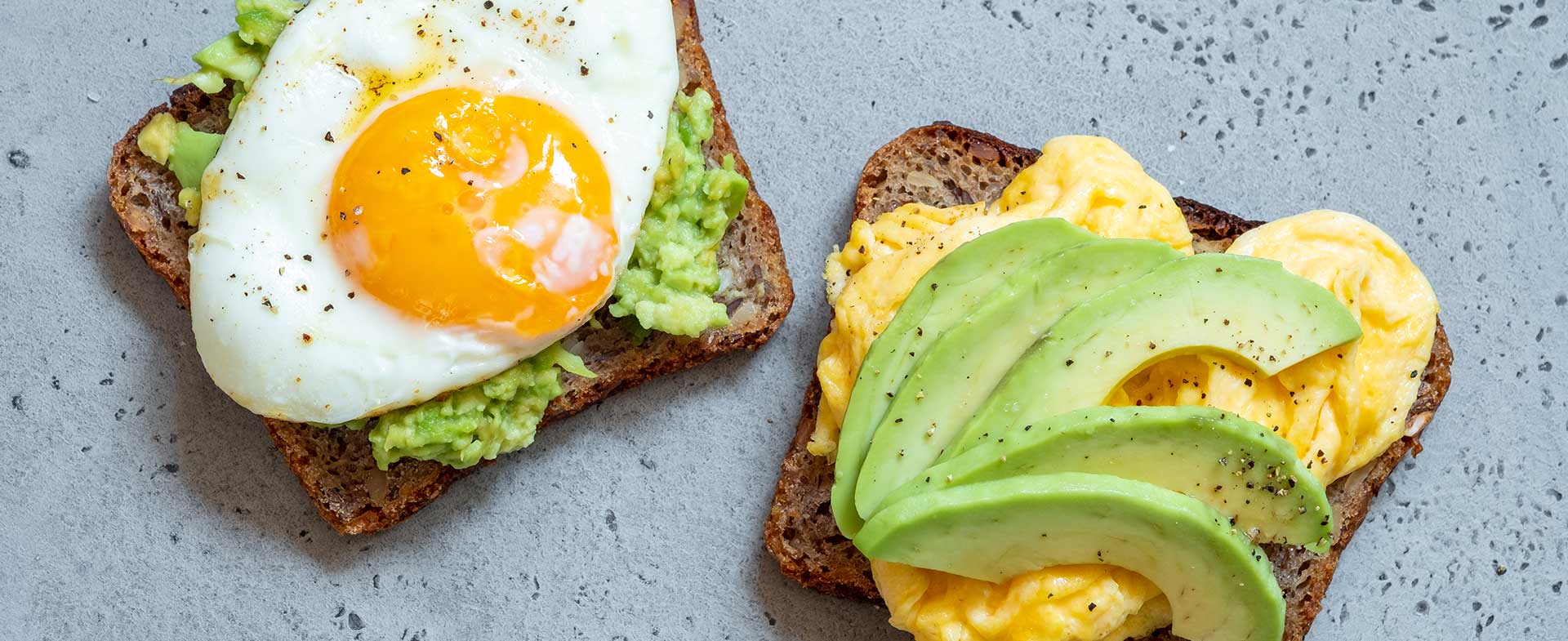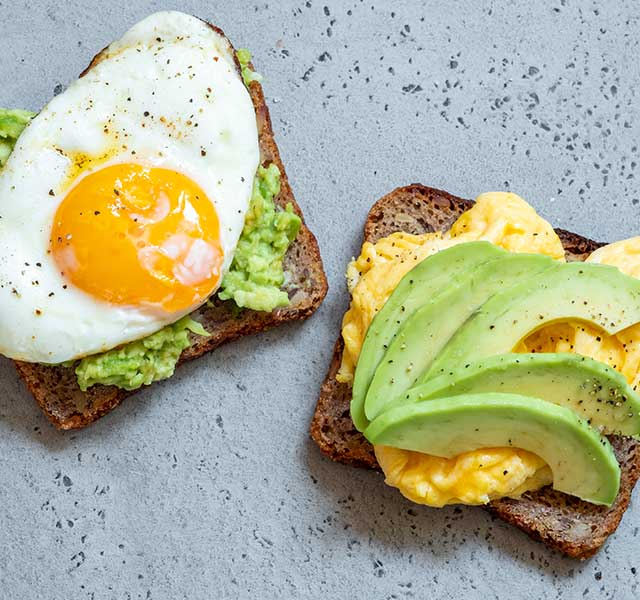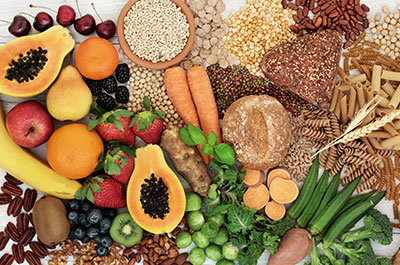Few foods are more misunderstood than eggs. With their high cholesterol content and high-quality protein, they are often the subject of conflict and heated debates.
From ditching egg yolks to selecting eggs based on the color of their shells, we’ve got answers to all your egg-cellent questions.
Are Eggs As Nutritious As They’re Cracked Up to Be?
In a word, “yes.” A medium-sized egg boasts six grams of high-quality protein, including all of the building blocks your body needs to function. It also contains important minerals like iron, calcium and magnesium and is one of the few food sources of vitamin D.
The yolk is especially nutrient-dense with disease-fighting antioxidants called lutein and zeaxanthin (which protect your eyes) and choline (which supports brain health).
Is It Better To Eat Egg Whites Than Whole Eggs?
Eggs are remarkably versatile. Whether hard-boiled, scrambled or deviled, there are dozens of ways to eat them. Concerns about the cholesterol in egg yolks has caused many people to ditch the yolks.
But research shows that cholesterol from food doesn’t necessarily boost blood cholesterol levels. Plus, most of the egg’s nutrients, including almost half of its protein, are in the yolk. In addition to critical vitamins and minerals, egg yolks also contain hard-to-get nutrients like vitamin D and omega-3 fatty acids.
Still concerned about getting too much dietary cholesterol from eggs? Mix one whole egg with one or two whites to reduce the overall cholesterol content of your egg dish. The dietary guidelines suggest you can eat an egg a day.
Does The Color Of The Shell Reflect The Egg’s Nutritional Quality?
The color of the eggshell has no bearing on the nutrients inside the egg. The color only reflects the breed of hen that laid them. Rhode Island Red hens and Plymouth Rocks lay eggs with brown shells while white leghorn hens lay white. Backyard chicken breeds like Ameraucanas lay blue eggs.
How Long Do Eggs Keep In The Refrigerator?
The best way to determine whether your eggs are fresh is to pay attention to the “use by” and “sell by” dates on the carton. Once you bring them home, don’t place them in the built-in egg tray in the refrigerator door.
Opening and closing the door creates varying temperatures that could compromise eggs’ taste and freshness. Instead, keep them in the carton toward the back of the refrigerator, which tends to be the coldest part.
What about hard boiled eggs? Store them toward the back of the refrigerator and eat them within seven days of cooking to ensure freshness.
Are Organic And Cage-Free Eggs Healthier Than Conventional?
Labels like cage-free, organic and free range reflect how the animals are raised, not the nutrient quality of your eggs. In fact, there are no nutritional differences between conventional eggs and their organic, cage-free and free-range counterparts. However, eggs from hens that are fed special diets, including those high in beta-carotene and omega-3s, may have a slightly superior nutritional profile.

Meet With A Dietitian
Is It Ever Okay To Eat Raw Eggs?
No. Eggs are subject to salmonella contamination and you should never eat them—or foods containing raw eggs (like cookie dough)—raw.
The general recommendation is to cook eggs until both the white and the yolk reach an internal temperature of 160 degrees Fahrenheit. The Food and Drug Administration recommends cooking eggs until both the whites and the yolks are firm and no longer runny. If you like your eggs over easy, indulge at your own risk.
While we’re on the subject of salmonella, remember to throw out any eggs with cracked or broken shells. Salmonella can also penetrate the porous shell, so wash your hands before and after handling eggs to make sure you’re not transferring any bacteria from the shells.
The Bottom Line On Eggs
There’s no reason to avoid eggs. In fact, according to the American Heart Association, eggs can be a key component of a healthy lifestyle. And you can cook them any number of ways, from boiling, scrambling and frying to incorporating them into muffins, quiches and omelets.
Thanks to their high protein content, eating an egg mixed with a couple of egg whites for breakfast can keep you full all morning long. Just keep in mind that what you eat with your eggs can make a big difference. A scramble with tomatoes, mushrooms, spinach and peppers is a much healthier option than a loaded omelet with bacon, cheddar cheese and chorizo.
Itching to get eggs on your plate more often? Try some of our favorite egg recipes:
Bethany Thayer, MS, RDN, is the director of the Henry Ford Center for Health Promotion and Disease Prevention. Learn more about Bethany.



